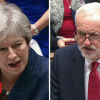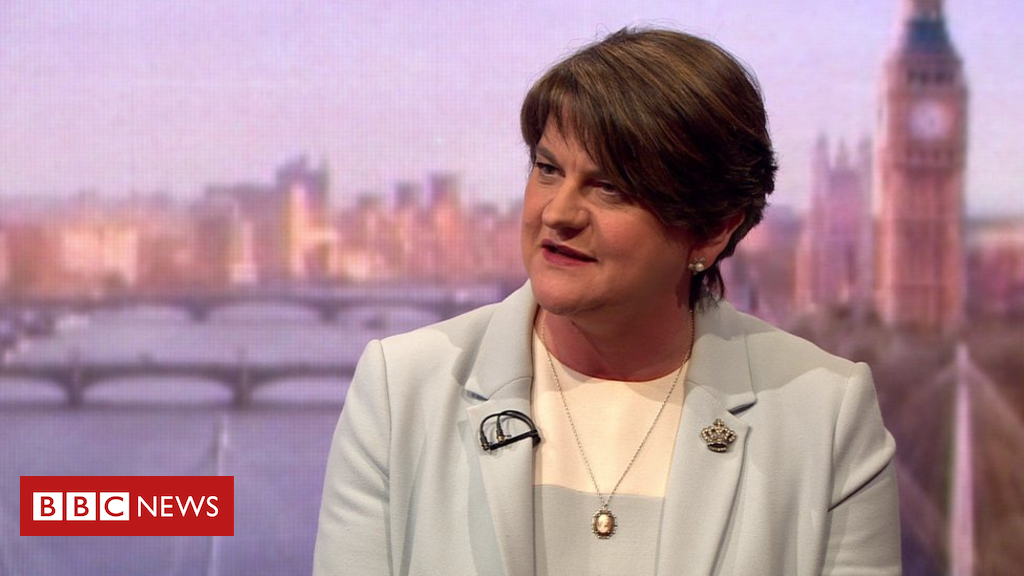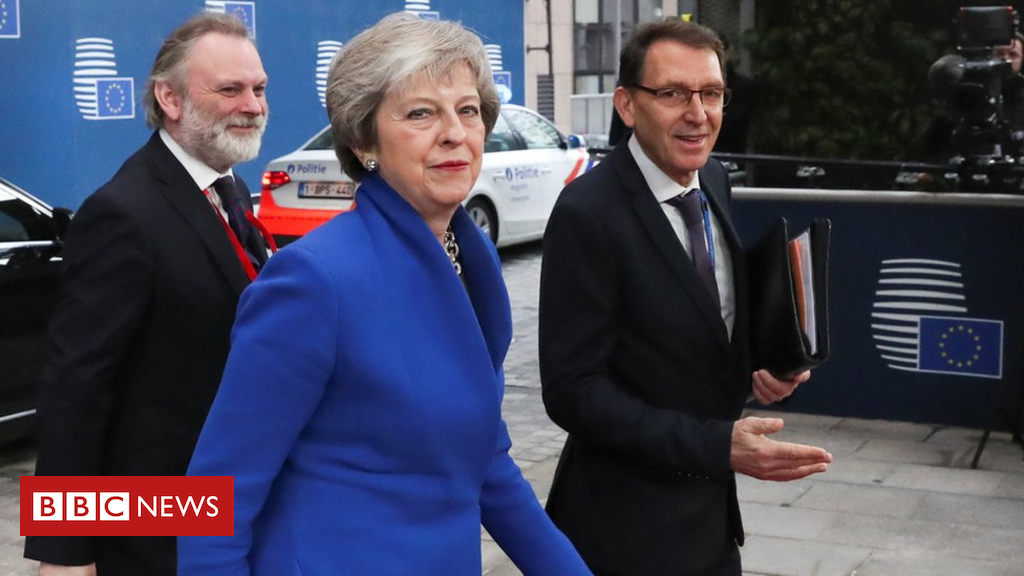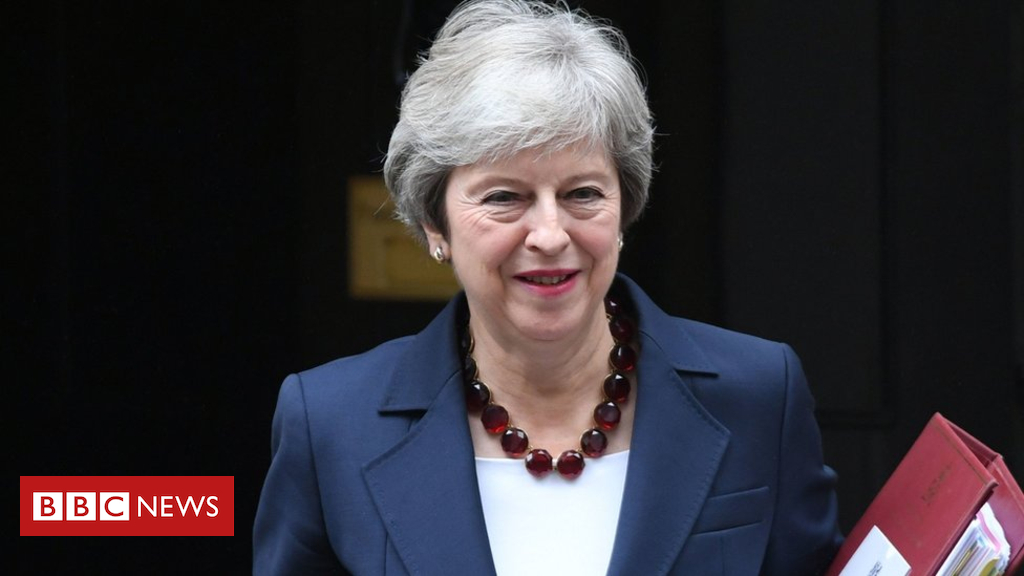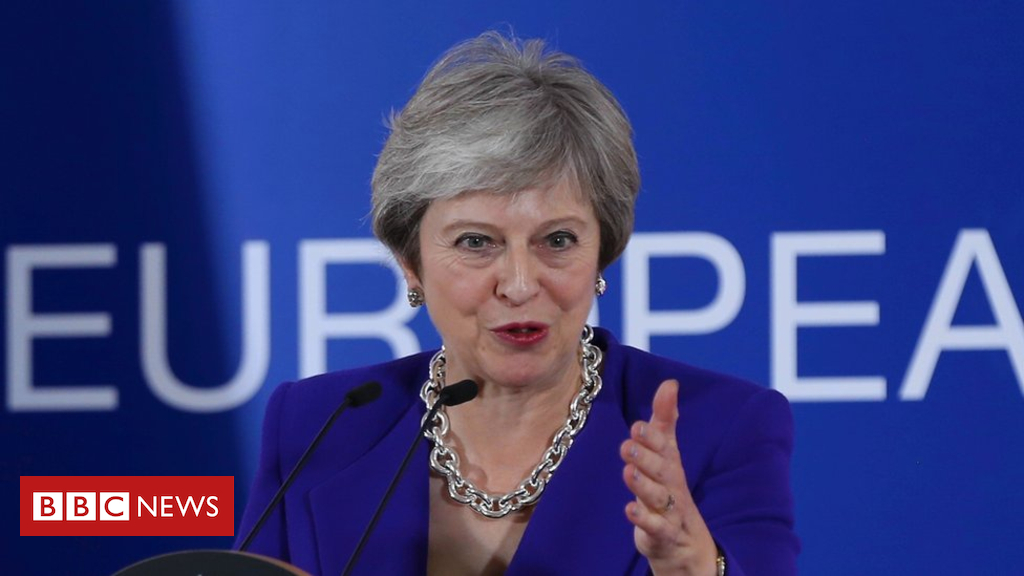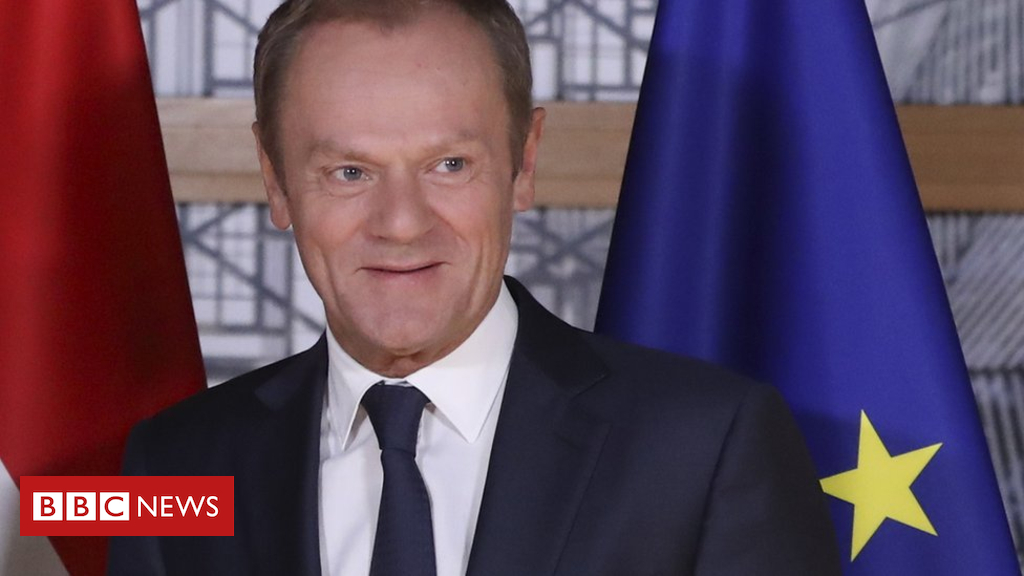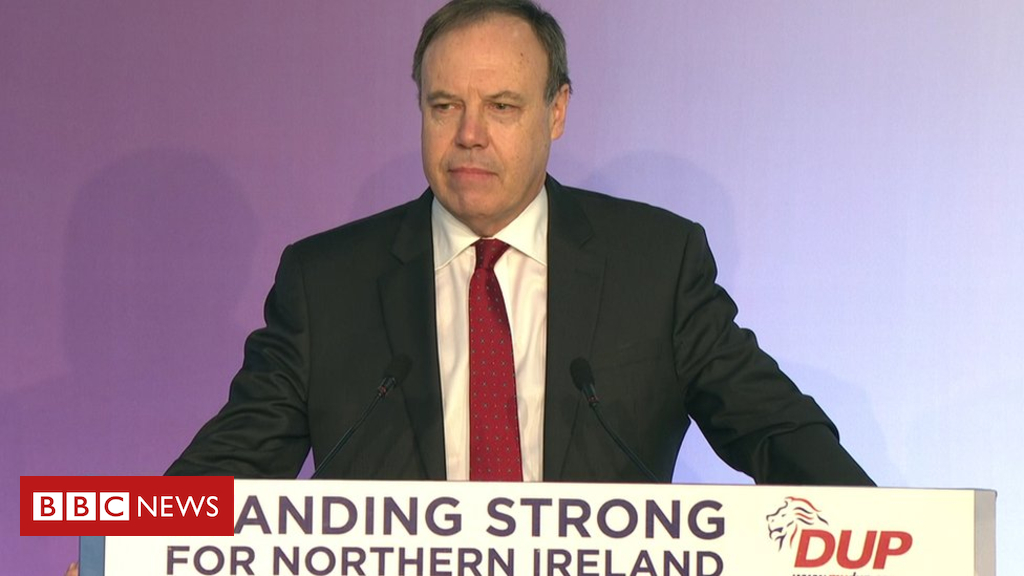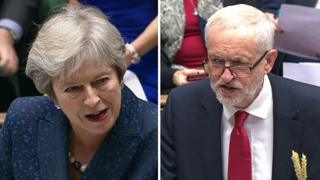 Image copyright HoC
Image copyright HoC
Theresa May went head-to-head with Jeremy Corbyn in the House of Commons. Here’s what happened.
Passions were running high in the Commons at the final Prime Minister’s Questions before the party conference season gets under way.
But Jeremy Corbyn began in a low-key way, with a riddle designed to knock Theresa May off balance.
What did the National Farmers’ Union, the Federation of Small Businesses, the National Audit Office, the National Housing Federation, Gingerbread and the Royal Society of Arts all have in common, he asked.
A grinning Mrs May was momentarily flummoxed, perhaps thinking he was trying to lay a Brexit trap for her.

All MPs were aware of the “pain” Universal Credit was causing from people at their advice surgeries, said Mr Corbyn. Did she agree with the National Audit Office that it would create hardship, force more people to use food banks and “could end up costing the system even more”.
Mrs May said she remembered from years back a constituent, a single mother, who had been told by the job centre that she would be “better off on benefits”. That was the last Labour government’s legacy, she told him.
The Labour leader accused the government of putting vulnerable people at risk with its benefit changes, something immediately denied by the PM.
It was Labour that was “speaking up for the poorest in this country”, shouted a visibly angry Mr Corbyn amid a growing wall of noise from MPs on all sides.
“The government’s Brexit negotiations are an abject failure – I can see that by the sullen faces behind her, and that’s not just the ERG group it’s the whole lot of them,” he cried.
“The prime minister is not challenging the burning injustices in our society. She is pouring petrol on them. When will she stop inflicting misery on the people of this country?”

Mrs May launched into a full-throated defence of her own record on “burning injustice” such as the government’s “racial disparity audit” and a crackdown on stop and search (“that was me as home secretary”).
Then, knowing that Mr Corbyn would not get a comeback, she laid into Labour’s recent internal troubles, ending with a quote from Labour MP Chuka Umunna, who had claimed his party was “institutionally racist”. This left Conservative MPs baying loudly for “more”.

What else came up?
The SNP’s leader at Westminster, Ian Blackford, called on the PM to “end her austerity programme or admit that her party is unfit to govern”.
“The PM is unfit to govern, she is incapable of leadership” – Leader of SNP at Westminster Ian Blackford highlights anniversary of #FinancialCrisis saying “people are poorer” and could suffer if there is a no deal #Brexit https://t.co/QUP3a2ywxi #PMQs pic.twitter.com/t4RZYGDMfb
— BBC Politics (@BBCPolitics) September 12, 2018
End of Twitter post 3 by @BBCPolitics

The Verdict
Here is BBC Political Editor Laura Kuenssberg’s take on the session:
“By the end of their exchanges, Theresa May looked absolutely furious, just as Jeremy Corbyn had done in his last question to her” @bbclaurak on #pmqs#politicslive https://t.co/qOzgoqYVDb pic.twitter.com/vJqqZgBivE
— BBC Politics (@BBCPolitics) September 12, 2018
End of Twitter post 4 by @BBCPolitics

BBC parliamentary correspondent Mark D’Arcy’s verdict:
Well that was nasty. Shouty, a bit more personal and very, very loud. This finger-jabbing, heckle-heavy PMQs demonstrated the rising political temperature in Parliament.
Pre-prepared attack lines were deployed and the respective parties howled their delight, but no-one was trounced, or even bruised in the encounters between the main players.
It was telling that, either from herd instinct or conscious organisation, there was quite an effort to provide the PM with helpful questions which allowed her to pivot to good news stories. One way or another loyalist Tories are coming to their leader’s assistance.
Maybe the hyper-partisan atmosphere deterred any MPs from the various rebel factions on the Tory and Labour benches from breaking ranks.
The most telling moment came when former Army officer Jonny Mercer raised the continuing historic investigations into military veterans over allegations dating from the Iraq war or the Northern Ireland troubles.
Mr Mercer has irritated Downing Street with his continuing parliamentary campaign on this issue, and on veterans’ mental health, which stretch back to his maiden speech in 2015 – and here he was again with a critical question to the PM.
Her answer using terms like “flawed” and “disproportionate” seemed to hint at a softening of the Government’s position, and Mr Mercer’s frown in response suggests he will be following up to pin down exactly what she might mean.
